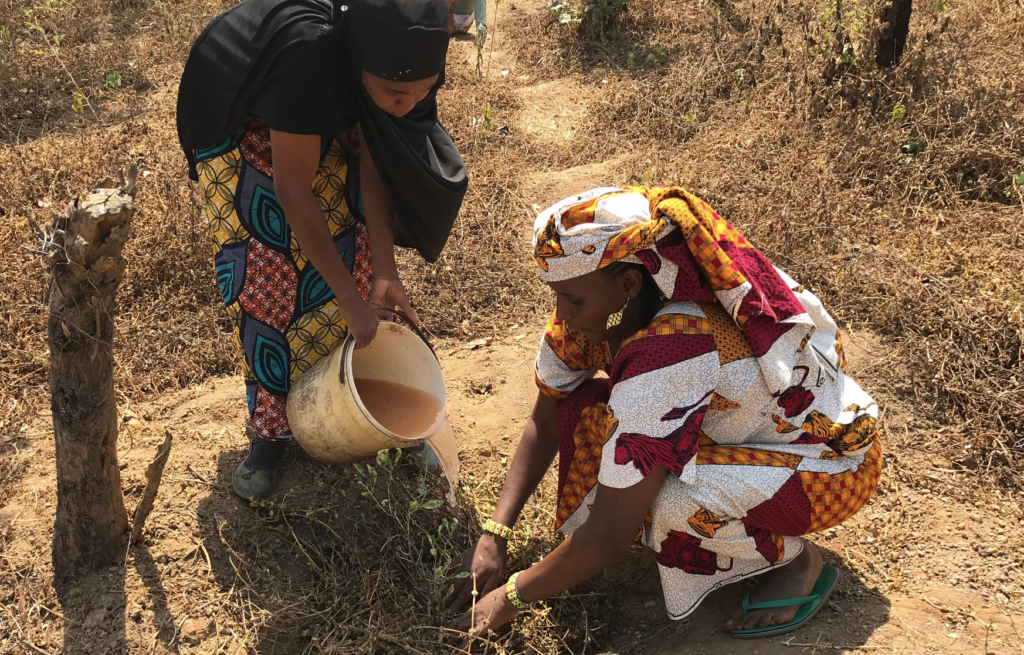Indigenous Peoples have been recognized globally for their fundamental role in the preservation of ecosystems and the conservation of biodiversity. In conferences on climate change, biodiversity and world political forums, its valuable contribution is highlighted both in terms of environmental conservation and in the economic field for all humanity.
According to the Food and Agriculture Organization of the United Nations (FAO), Indigenous Peoples are the guardians of 80% of the planet’s biodiversity, which is not only crucial for the health of ecosystems, but also contributes in a third to solving climate change.
These communities have demonstrated a close relationship with the ecosystems in which they live, developing sustainable management practices transmitted over generations. Their ancestral knowledge and understanding of the importance of biodiversity and its balance are fundamental. The forests they occupy act as treasure troves of biological diversity and carbon sinks, playing a vital role in mitigating climate change.
In the ancestral territories of Indigenous Peoples, forests play a crucial role in global and regional climate action, as well as in the fight against poverty, hunger and malnutrition on the continent. These territories host approximately one third of the carbon stored in the forests of Latin America and the Caribbean, and around 14% of the carbon stored in tropical forests worldwide. Although historically they have suffered less destruction than other forests in the region, the situation is changing rapidly and an urgent response is required to reverse these trends.
An outstanding example of the contribution of Indigenous Peoples is found in Colombia, recognized as one of the countries with the greatest biodiversity. With 102 indigenous peoples distributed in various areas of the country, covering more than 26 million hectares of territory, the collective ownership of indigenous reservations represents approximately 46% of Colombia’s natural forests. These forests are vital for the protection and provision of water to cities, agricultural production in the Andean region, and the conservation of areas of great natural value, such as the Sierra Nevada de Santa Marta, a significant source of water for the region.
Biodiversity and the ecosystem services they provide are essential for the functioning of society and the economy. Sectors that represent more than half of the world’s Gross Domestic Product (GDP) depend directly or indirectly on these services, such as animal pollination, crucial for food production, since 75% of the world’s 115 main crops depend on this process. In addition, more than half of the medicines used originate from medicinal plants, whose access and conservation depend on biodiversity.
Despite the importance of biodiversity, it is threatened by deforestation and forest fragmentation. In this context, the role of Indigenous Peoples becomes even more relevant, since their work in the conservation of biodiversity and ecosystems not only benefits local communities, but also has a global impact.
It is necessary to economically recognize the efforts made by Indigenous Peoples in the conservation of biodiversity and ecosystems. These efforts not only contribute to the well-being of indigenous communities, but also generate benefits for all of humanity.

